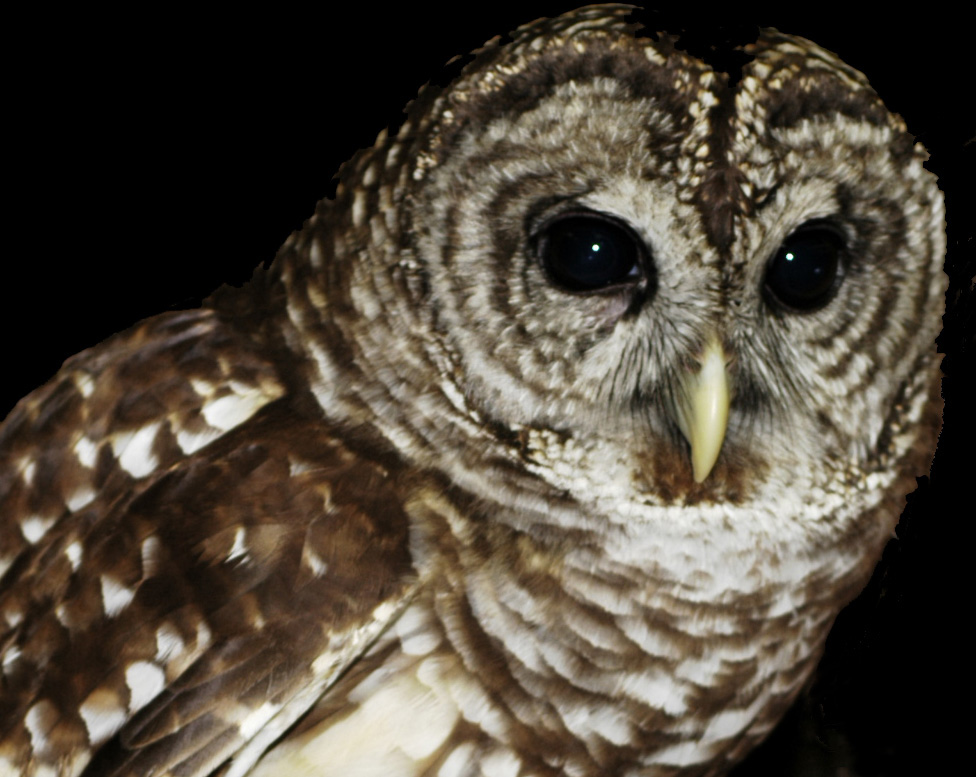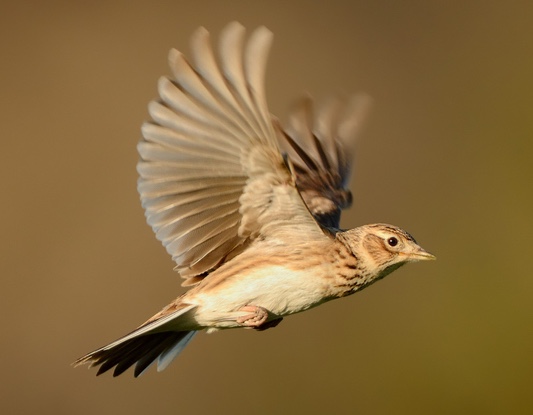This is a weird question, not just for implications for me as a writer, but because I’ve sometimes been both. I decided to investigate further.
A night owl is a person who tends to stay up until late at night, or into the early hours of the morning, whereas an early bird, or lark, tends to be somebody who goes to sleep at a time considered early and then wakes early.
Night owls often stay awake past midnight, and extreme night owls may stay awake until just before or even after dawn. Night owls tend to feel most energetic just before they go to sleep at night.
A study among 1,000 adolescents by the University of Madrid found that night owls are better than early birds in intelligence, creative thinking and inductive reasoning. However, they lag behind larks in academic performance and they tend to have unhealthier eating habits, as well as higher rates of smoking.
Forced to arise earlier than their circadian rhythm dictates, night owls have a low body temperature and may require a few hours to feel really awake. They are unable to fall asleep as early as larks can. If it becomes a real social and professional problem, morning light therapy may be helpful in shifting sleep rhythms to some extent.
Weird factoids
The night-owl pattern is more prevalent in men than in women.
Night-owls are more likely to be single than in long-term relationships.
Most people tend to have a small or moderate tendency to be a night owl and that personal tendency can change over time, It’s influenced by multiple factors, including:
- a genetic predisposition
- the person’s age, with teenagers and young adults tending to be night owls more than young children or elderly people, and
- the environment the person lives in.
While it’s been suggested that a person’s circadian rhythms may change over time, including dramatic changes that turn a morning lark to a night owl or vice versa, familial patterns of early or late waking seem to contradict this, and individual changes are likely on a smaller scale. If it becomes a real social and professional problem, morning light therapy may be helpful in shifting sleep rhythms to some extent.
Notable writing night owls include Michael Chabon, Marcel Proust, Gustave Flaubert, George Sand, Samuel Johnson, J R RTolkein and Franz Kafka. (But Churchill, Stalin and Castro were also night owls.)
Moving on…
A lark or early bird usually gets up early in the morning and goes to bed early in the evening and tends to feel most energetic just after they get up in the morning.
Larks will generally not be able to sleep in, even if they’ve stayed up later than usual. They may feel hampered socially when continually confronted with events scheduled in the evening. (Or like me, they may just be getting older and can’t hack all-night parties.)
Age is also implicated in the way one becomes a morning or a night person.(Ah!) In general, people are more night owls in their teens but become larks later in life. Young children and infants also tend to be early risers, as all parents know!
Waking up early as a conscious act is said to be a ‘productivity method’ – rising early and consistently in order to be able to accomplish more during the day. This method has been recommended since antiquity; people in those times rose with the sun, did their work by daylight hours and went to bed at sunset. The philosopher Aristotle said, ‘It is well to be up before daybreak, for such habits contribute to health, wealth, and wisdom.’
The proverb ‘The early bird gets the worm‘ suggests that getting up early will lead to success during the day. But James Thurber, in his book Fables for our Time, ended the Fable of the Shrike: ‘Early to rise and early to bed, makes a Shrike healthy, and wealthy, and dead‘.
Such universal recommendations to get up early may make some people with different natural sleep patterns appear lazy or unmotivated which is rather unfair. Somebody used to a later natural start time could be being asked to wake up 3–4 hours early. Teenagers can fall into this category. They tend to require at least 9 full hours of sleep each night and changes to the endocrine system during puberty shift the natural wake time later in the morning. Enforcing early start times despite this can have negative effects on mood, academic performance, and social skills. (Nothing new there!)
Me? I only sleep for 6 hours, so I read until midnight, then usually wake in between 6 and 6.30 a.m. And I’ve always been like this. You see why I can’t decide whether I’m an owl or a lark. I hope I have the intelligence and creative thinking of a night owl and the academic performance and healthier eating habits of a lark. It may, of course, be the other way round…
But whether you are one or the other, and whether you are a writer or reader, we all benefit from a good night’s sleep.
——-
Writing challenges so far:
Day 11: Favourite writing snacks/chocolate porn
Day 10: Post an old picture of yourself
Day 9: Post 5 random facts about you
Day 8: What’s your writing process?
Day 7: Introduce your ‘author friend’
Day 6: How the writing all began
Day 5: What inspired the book I’m working on
Day 4: The setting for the new Roma Nova book
Day 3: Introducing the main characters Julia and Apulius
Day 2: Introduce your work in progress
Day 1: Starting with revealing information
Alison Morton is the author of Roma Nova thrillers – INCEPTIO, PERFIDITAS, SUCCESSIO, AURELIA, INSURRECTIO and RETALIO. CARINA, a novella, and ROMA NOVA EXTRA, a collection of short stories, are now available. Audiobooks are available for four of the series. NEXUS, an Aurelia Mitela novella, is now out.
Find out more about Roma Nova, its origins, stories and heroines… Download ‘Welcome to Roma Nova’, a FREE eBook, as a thank you gift when you sign up to Alison’s monthly email newsletter. You’ll also be first to know about Roma Nova news and book progress before everybody else, and take part in giveaways.















Leave a Reply